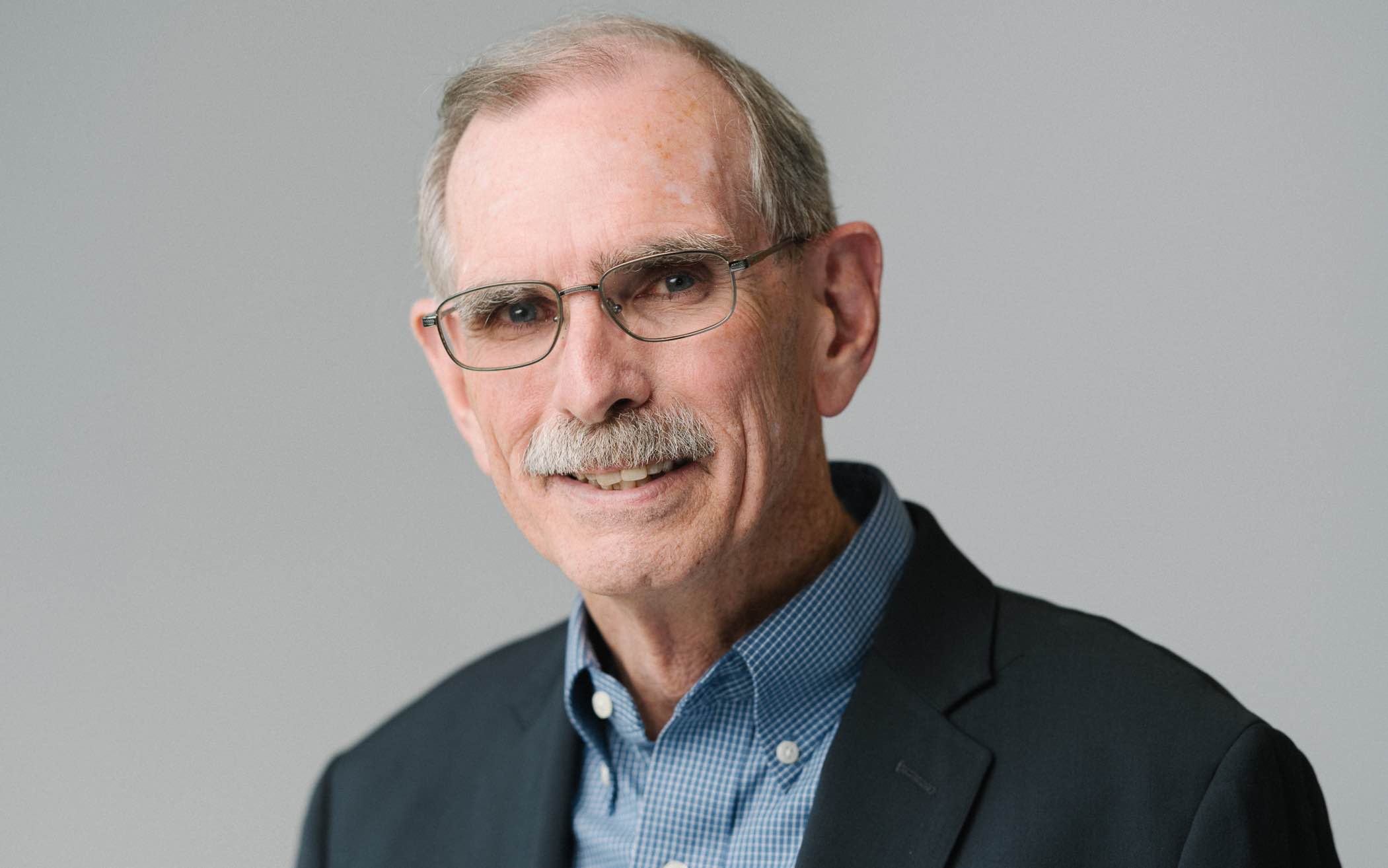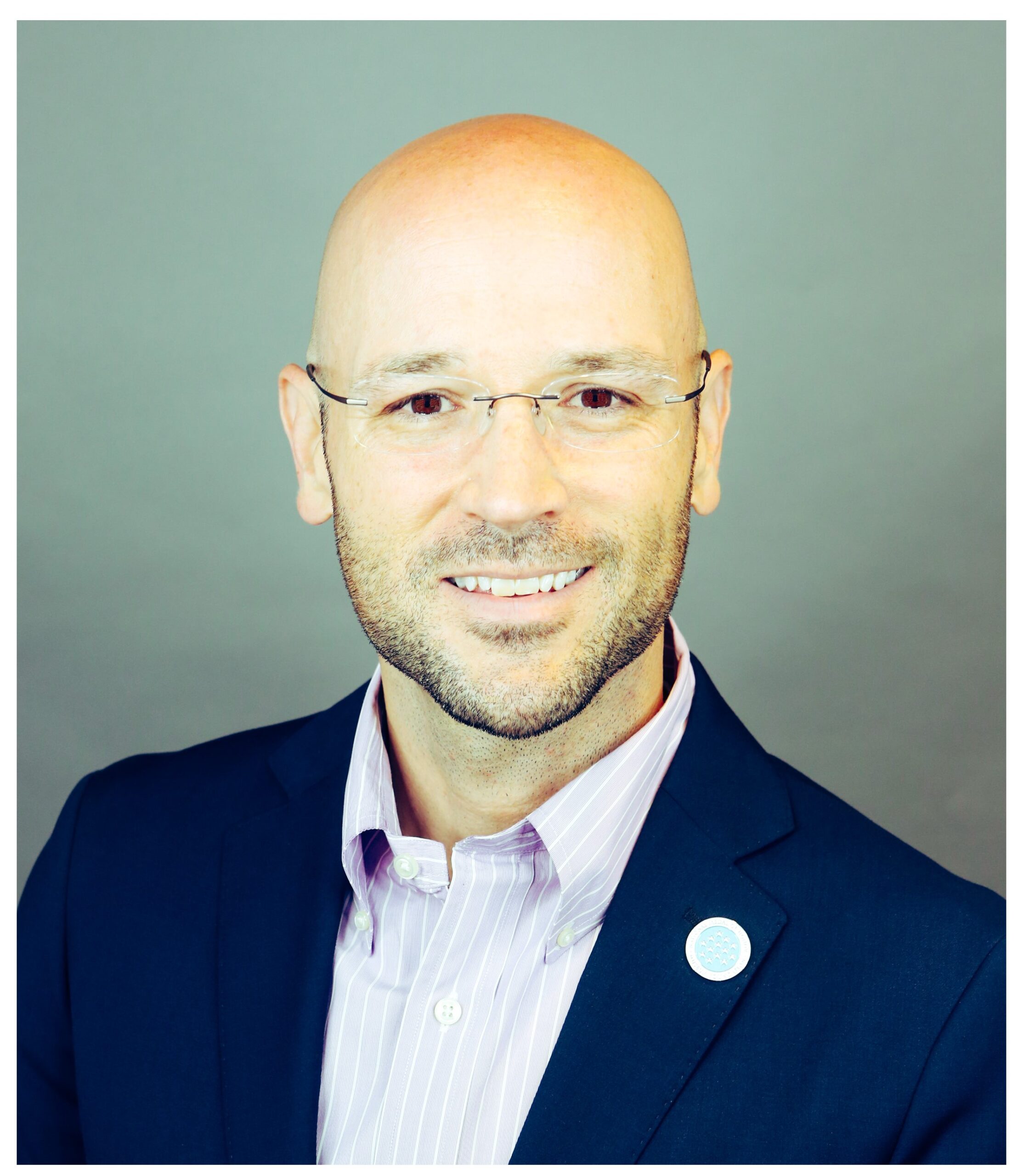“In rapidly changing times, dexterity to speed is your key to adaptability.” Rod Collins
In today’s episode, we are joined by Rod Collins, a returning guest. Rod’s initial episode was released on February 14th, 2022. The topic of conversation was ‘The Benefits of Flat Organizational Structures.’ Today, our discussion focuses on the strengths of running a collective intelligence workshop when you’re trying to solve problems or coming up with new ideas. If you have not listened to the earlier recording, I highly suggest giving it a listen and then following up with this episode.
Rod is a leading expert on digital transformation in the future of business. He is the host of The Thinking Differently podcast on the C-suite Radio Network, where he explores how technological innovations continue to transform the rules of how successful businesses. Rod is a regular blog contributor on Substack and the author of Wiki Management, a revolutionary new model for a rapidly changing and collaborative world, highlighting the innovative tools and practices used by a new breed of business leaders to sustain extraordinary performance in a world reshaped by digital disruption. Rod is the former chief operating executive of the Blue Cross Blue Shield Federal Employee program, one of the nation’s largest and most successful business alliances. Under his leadership, the business experienced the most significant five-year growth period in its 60-year history.
A collective intelligence workshop gets a microcosm of the business in the room. Everybody who would touch on the business’s project, process, and initiative must be in the meeting room. We come up with a way to develop good ideas where we put them into groups to discuss their ideas. At the end of the sessions, each table reports the vision they have settled on. As a decision-maker in a rapidly changing world, you want the best picture, which helps move things along.
After identifying the ideas, we open them up to agreements and disagreements because we want creative energy. The members are also allowed to present their grievances to uncover unknowns that always mess up projects. By having the whole system in the room, things get to be handled in real-time and rapidly, and it helps to drive unanimous consensus.
In rapidly changing times, dexterity to speed is your key to adaptability. My experience is that collective intelligence is more significant than one person providing answers, and frequently this is the power of a network.





